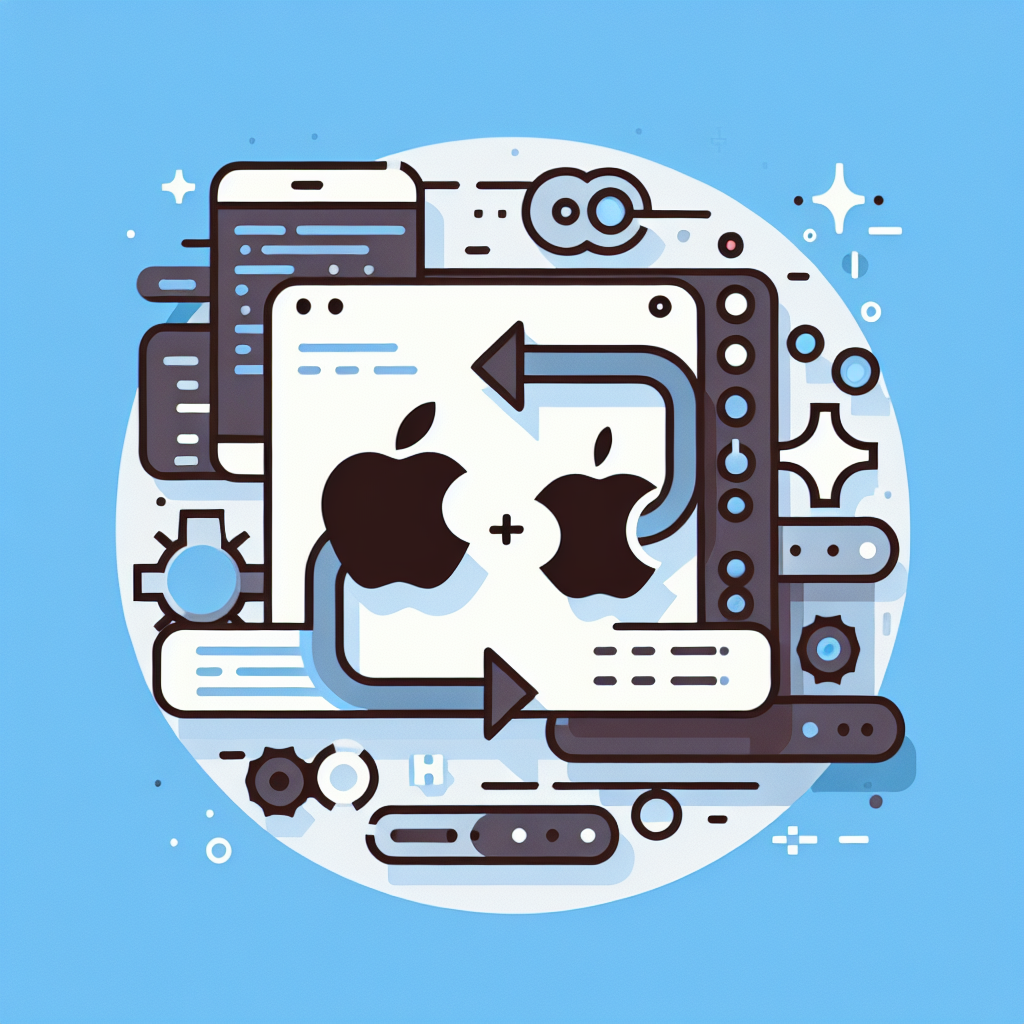Convert ObjC to Swift Easily: Swiftify Your Code
Effortlessly convert Objective-C code to Swift with our innovative tool. Enhance your app development process and streamline code migration today!
Source Code
Converted Code
Output will appear here...
The objc to swift converter seamlessly transforms Objective-C code into Swift, enhancing code readability and modernizing legacy apps. Ideal for developers transitioning to Swift, it boosts productivity by reducing manual conversion time and errors. This tool is perfect for iOS developers aiming to leverage Swifts advanced features while maintaining existing app functionality.

Objective-C to Swift Conversion Tool Link to this section #
Easily transform your Objective-C code into Swift with our intuitive "objc to swift" conversion tool. This essential resource caters to developers looking to modernize their applications by migrating from Objective-C to Swift, Apple's preferred programming language for iOS and macOS development.
Key Features: Link to this section #
- Automatic Syntax Conversion: Convert Objective-C syntax to Swift effortlessly, ensuring compatibility with the latest Swift versions.
- Code Optimization: Optimize your code by adopting Swift's advanced features like optionals, closures, and type inference.
- Error Handling: Identify and rectify common conversion errors, facilitating a smoother transition.
How It Works: Link to this section #
- Input Your Code: Paste your Objective-C code into the tool.
- Analyze: The tool analyzes the code, identifying Objective-C constructs.
- Convert: Swift code is generated, following best practices.
- Review: Review the converted code to ensure functionality aligns with your application needs.
Sample Conversion: Link to this section #
Objective-C Example:
- (void)displayMessage:(NSString *)message {
NSLog(@"%@", message);
}
Converted Swift Code:
func displayMessage(_ message: String) {
print(message)
}
Benefits: Link to this section #
- Time-Saving: Streamlines the transition process, reducing manual effort.
- Accuracy: Minimizes errors associated with manual conversion.
- Up-to-Date: Keeps your codebase current with Swift's evolving ecosystem.
Additional Resources: Link to this section #
Related Keywords: Link to this section #
- Swift migration tool
- Objective-C to Swift converter
- Code translation for iOS
Our tool is designed for software engineers seeking to leverage Swift's robust capabilities while ensuring their legacy code remains functional and efficient. Embrace the future of iOS development by converting your Objective-C code to Swift today.
Frequently Asked Questions
How can I convert my Objective-C code to Swift?
To convert Objective-C code to Swift, you can start by using Apple's migration guide to understand syntax differences. Manually rewrite the code, using Swift's type safety, optionals, and modern syntax improvements. It's also helpful to use tools like Swiftify to automate some conversions and ensure you're familiar with both languages.
What are the main differences between Objective-C and Swift?
Swift offers improvements over Objective-C, such as type safety, optionals, and better memory management. Swift's syntax is more concise and readable, incorporating modern programming paradigms. Additionally, Swift is designed to be safer and more efficient, eliminating common programming errors present in Objective-C.
Can I use Objective-C and Swift together in the same project?
Yes, you can use Objective-C and Swift together within the same project. This is achieved through a process called interoperability. By creating a bridging header, you can import Objective-C files into Swift and vice versa, allowing both languages to coexist and interact within your application.